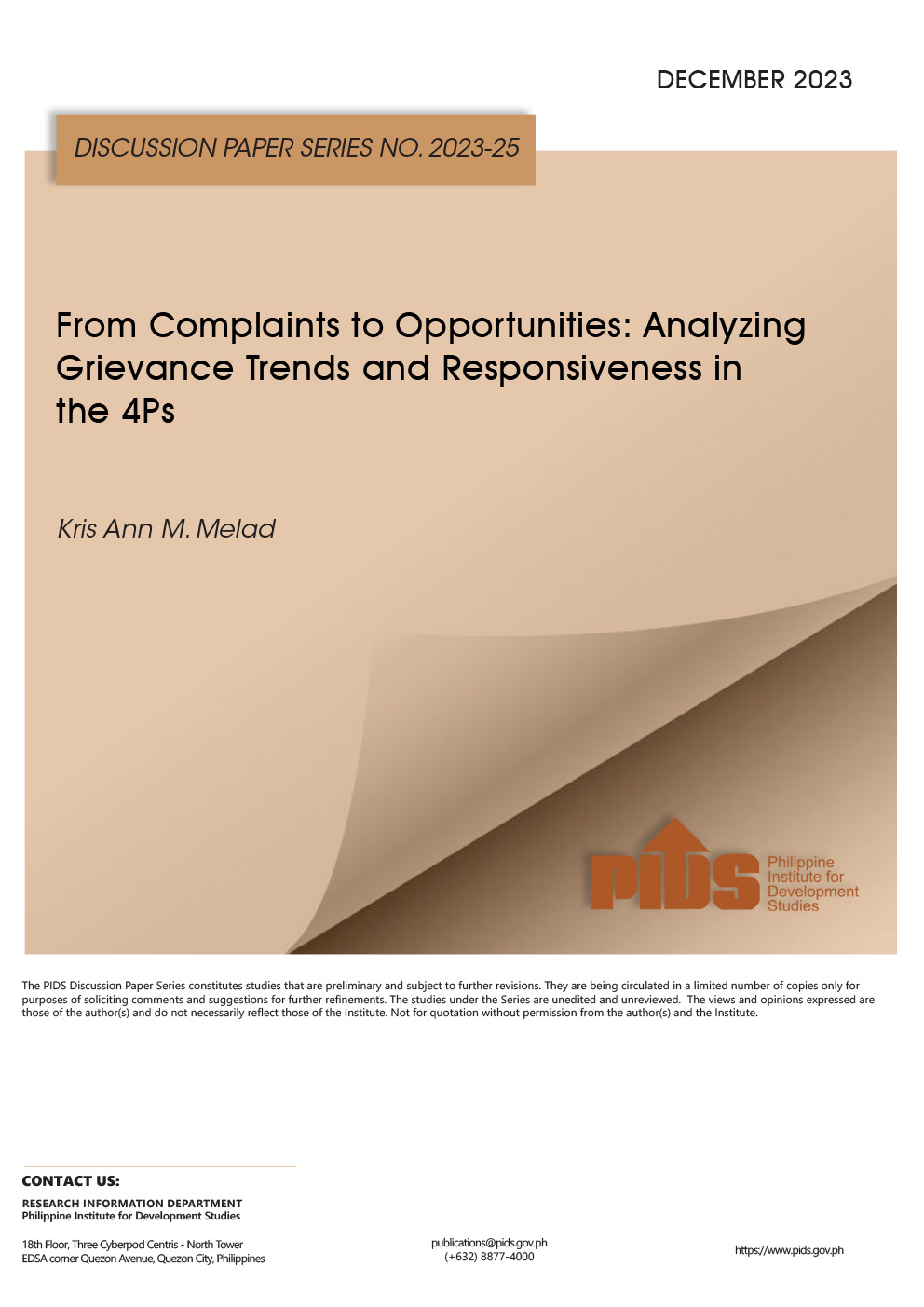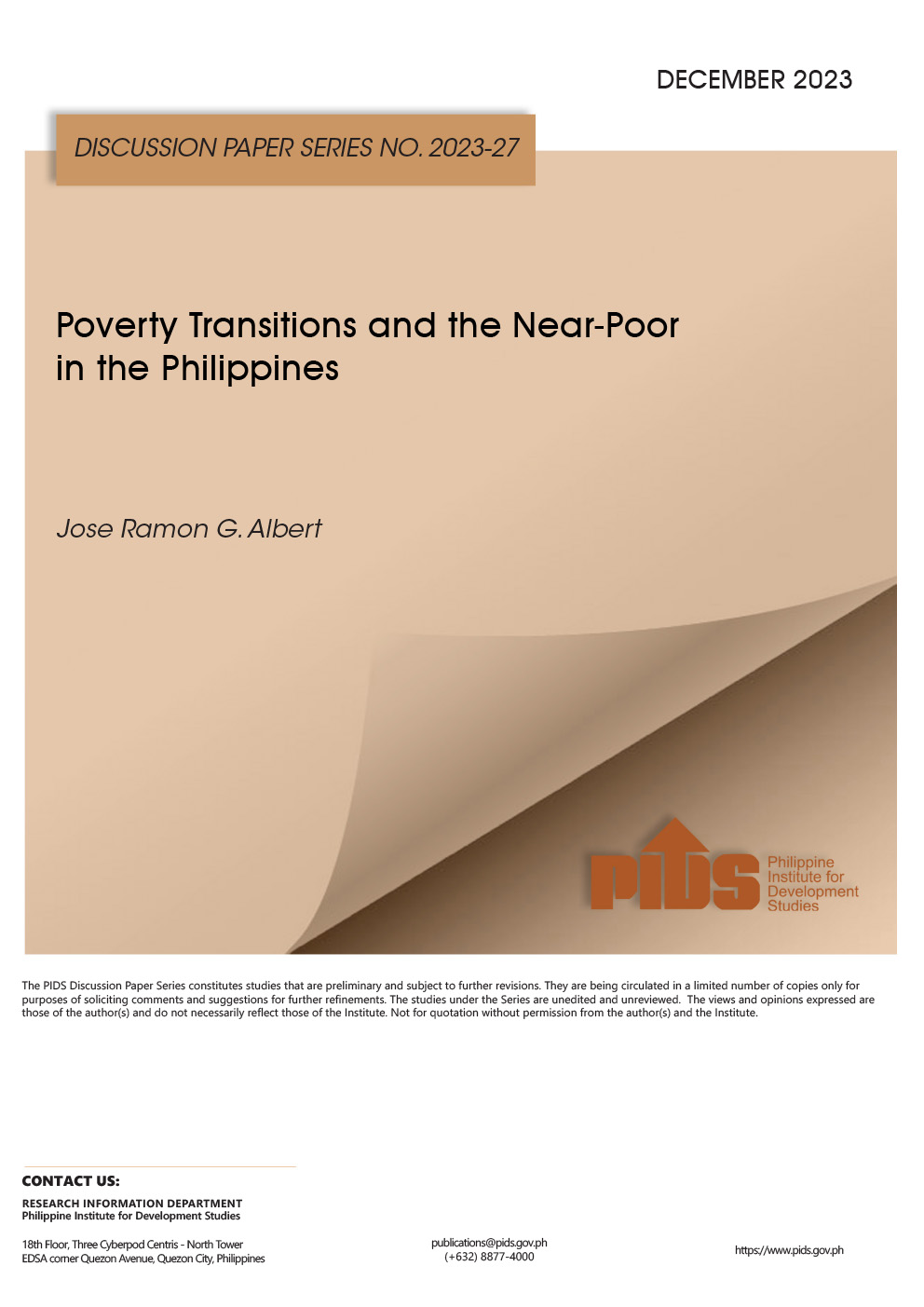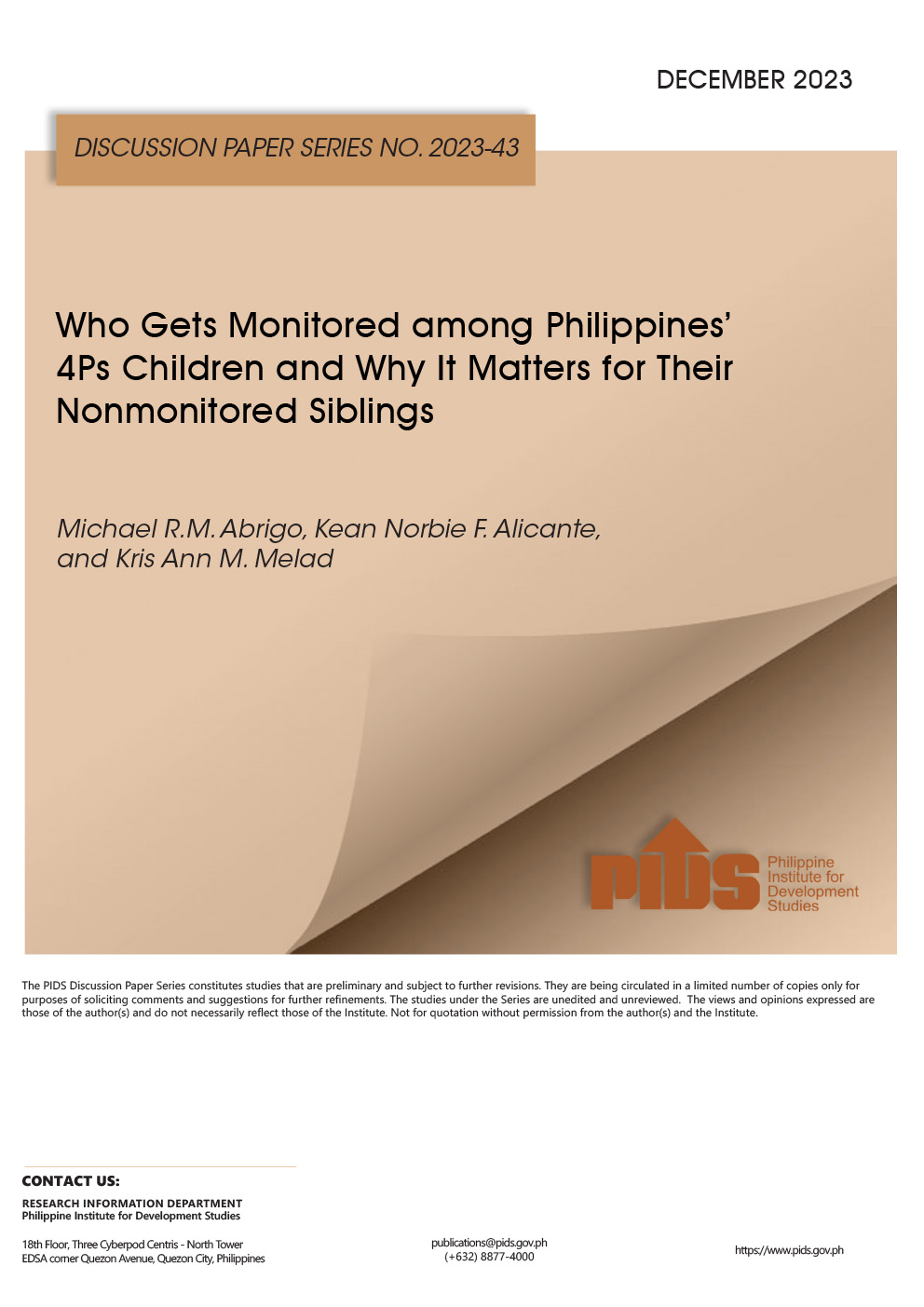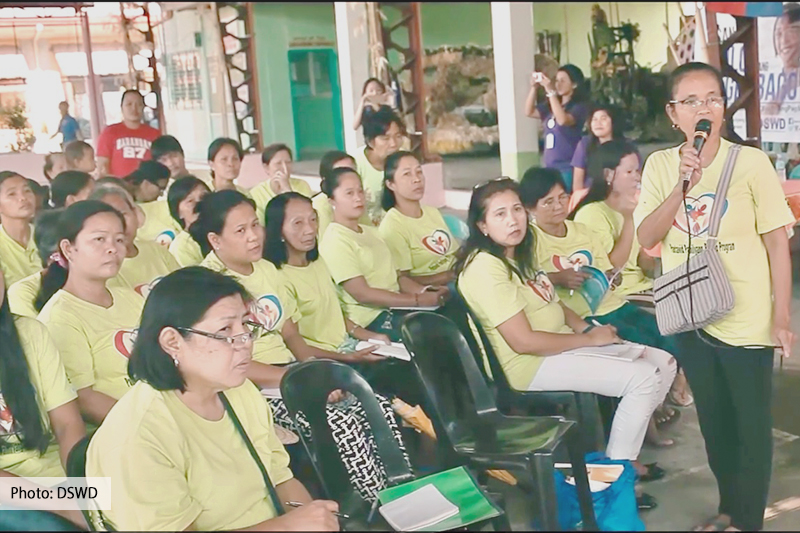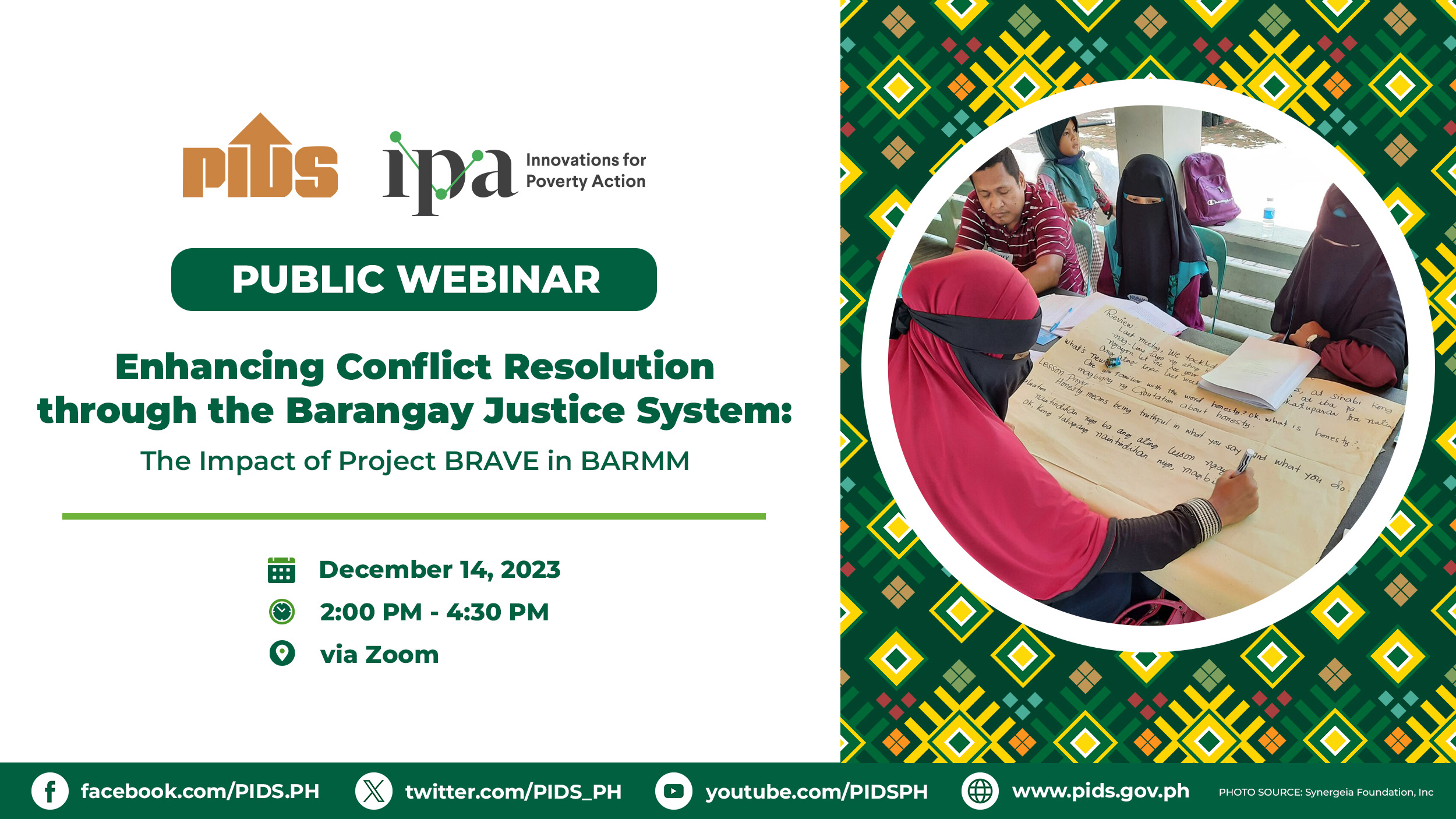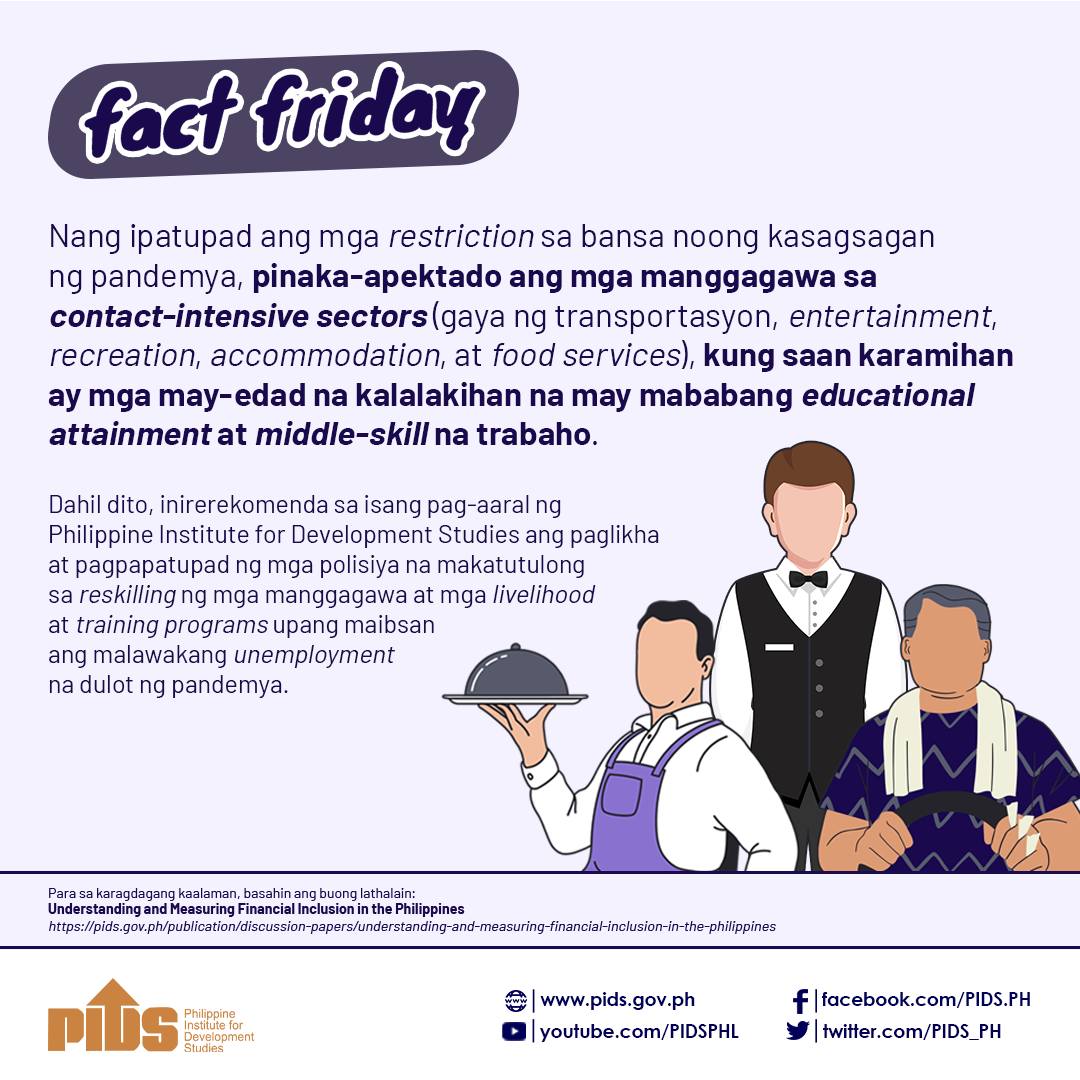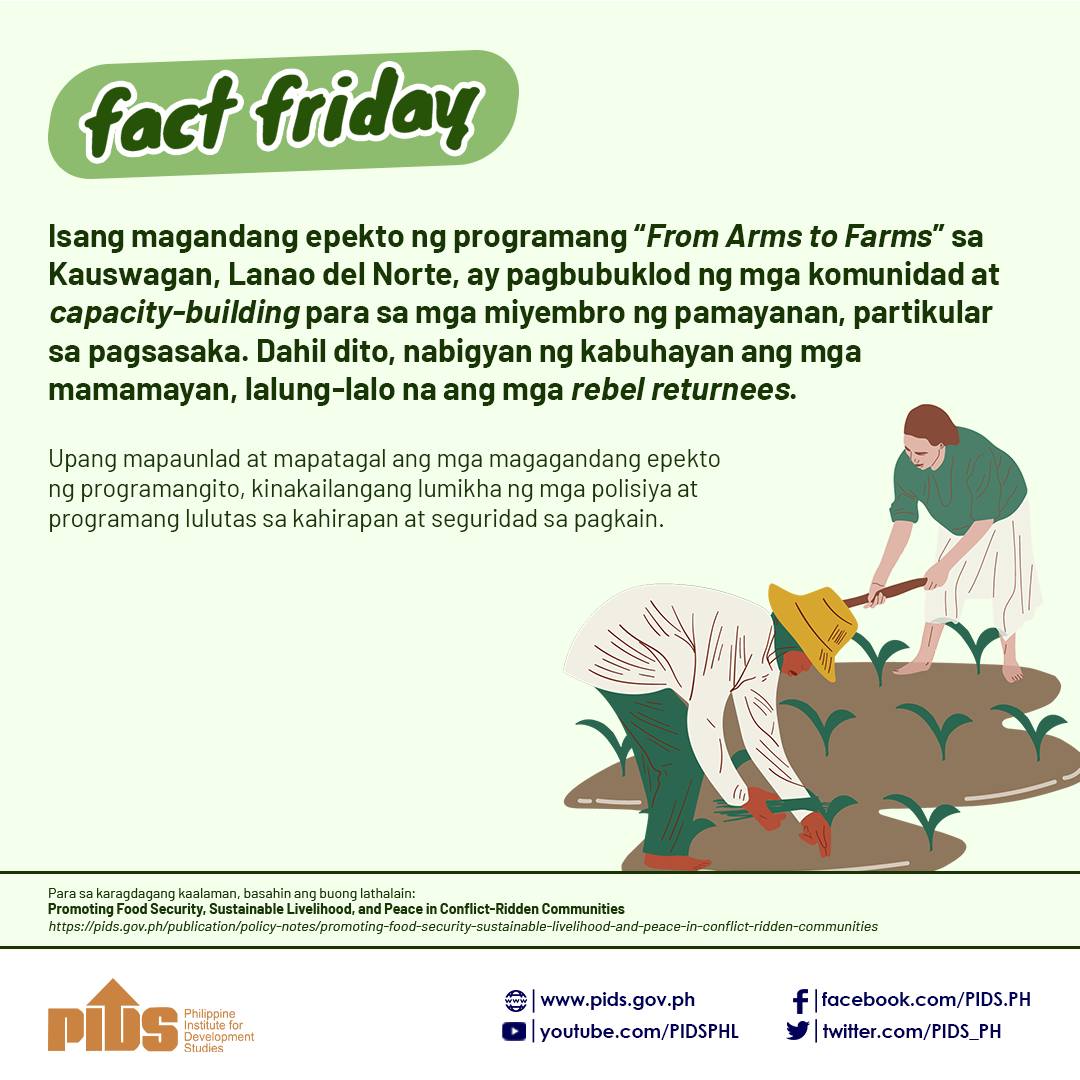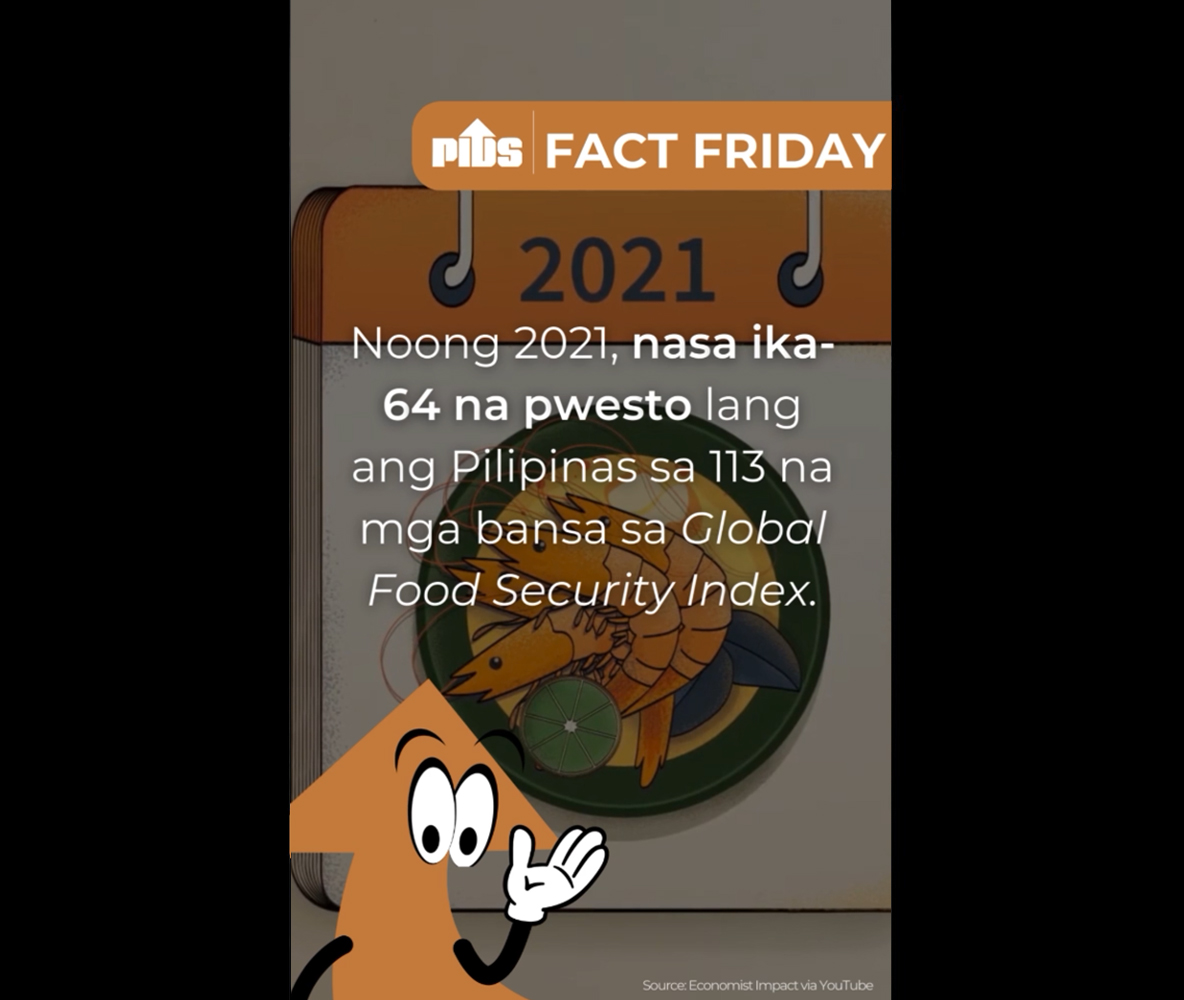MANILA, Philippines – The Department of Social Welfare and Development (DSWD) will launch in July the pilot run of a food stamp program as it aims to give the country’s poorest and most in need “access to nutritious, delicious food.”
DSWD Secretary Rex Gatchalian said in a press conference on Tuesday, May 23, that the beneficiaries of the program will be households in the bottom one million under Listahanan 3, or the third round of the nationwide assessment of poor households held in 2022. Vetted beneficiaries will get P3,000 in food credits, which they can use to purchase food from DSWD-accredited retailers.
Over $3 million from the Asian Development Bank will be used for the six-month pilot run.
The pilot sites for the rollout include the Bangsamoro Autonomous Region in Muslim Mindanao (BARMM), a former conflict area, a “geographically isolated” province, an urban poor community, calamity-hit area, and a rural poor area.
Gatchalian said the DSWD has identified the specific areas but declined to make them public pending further verification of these sites.
The pilot run will initially cover 3,000 families, until it rolls out to 300,000 families, then 300,000 more, until it reaches the DSWD’s one million target. The one million families are those who do not make more than P8,000 monthly, according to the Philippine Statistics Authority (PSA).
Poverty and hungry, explained Gatchalian, are tied to each other – hungry individuals find it hard to be productive and find work, which drives them further into poverty.
“We believe that this program will properly address the gaps and assist its beneficiaries in attaining the recommended food and energy consumption needed for each member to perform their daily tasks and routines that has direct and indirect contribution to human capitalization and a direct positive impact towards nation-building,” Gatchalian said.
“In other words, by meeting the daily food requirements of its target beneficiaries, the said program will sufficiently mitigate hunger caused by extreme poverty,” he added.
The program is still conditional, said the DSWD chief. Beneficiaries who sign up must also sign up with the Public Employment Service Office and must be “counted as part of the workforce no matter what job it is,” said Gatchalian.
The DSWD will also be working with other government bodies – the Cabinet economic team, the PSA, and the Philippine Institute for Development Studies, among others, for the program’s roll out. The World Food Programme has also been tapped for its “technical expertise.”

